Sean Coughlin. Photo by Jana Říhová
Sean Coughlin
Principal Investigator
Greco-Roman Science
Junior Star Research Fellow
Department of Ancient and Medieval Thought
Institute of Philosophy of the Czech Academy of Sciences
Jilská 1, 1100 Praha 1
Czech Republic
+420 226 884 808
coughlin@flu.cas.cz
Associate Scientist
Ullrich Jahn Group | Chemistry of Natural Products
Institute of Organic Chemistry and Biochemistry of the Czech Academy of Sciences
Flemingovo náměstí 2, 160 00 Praha 6
Czech Republic
About
Sean Coughlin is a historian of science who explores the connections between art and nature in the ancient Greek and Roman world. He is currently Junior Star Research Fellow at the Institute of Philosophy and Associate Scientist at the Institute of Organic Chemistry and Biochemistry at the Czech Academy of Sciences in Prague.
Sean has held posts at the Collaborative Research Centre SFB 980 Episteme in Motion, the Department of Classical Philology, Humboldt-Universität zu Berlin, Excellence Cluster Topoi, and the University of Western Ontario. He has held visiting fellowships at Einstein Center: Chronoi, the Martin Buber Society of Fellows at the Hebrew University of Jerusalem, and the Research Training Group: Philosophy, Science and the Sciences in Berlin. He worked for a time as a cook to understand culinary metaphors in Aristotle’s biology. Before ancient philosophy, he was a laboratory technician in the Department of Psychiatry and Behavioural Neurosciences at McMaster University.
He publishes on Ancient Greek and Latin philosophy, on Greco-Roman medicine and pharmacology, on genres of scientific writing, and on perfumery in the ancient Mediterranean. With David Leith and Orly Lewis, he co-edited the volume The Concept of Pneuma after Aristotle (Berlin: Edition Topoi, 2020). His work has been exhibited in at National Geographic Museum in Washington DC and the Berlin Museum of Medical History and has been covered by the BBC, the Times, the Washington Post and Repubblica.
At Alchemies of Scent, Sean will be looking at how artistic production was used as a model for understanding the natural world, and vice versa, how experience of the natural world was thought to be the source of different artistic methods.
He will also be conducting experiments on Greco-Egyptian perfume production techniques preserved in the works of Theophrastus, Dioscorides, Pliny the Elder, Galen and the medical encyclopedists, Oribasius, Aetius of Amida and Paul of Aegina.
Recent Publications
“Recipes for Horror in Graeco-Roman Magic and Medicine.” In Horror in Classical Antiquity and Beyond: Body, Affect, Concepts, edited by George Kazantzidis and Chiara Thumiger , 215–246. London: Bloomsbury Academic, 2025. DOI: 10.5040/9781350380684.ch-012
“Galen’s Hippocratism”, in P. N. Singer, and Ralph M. Rosen (eds), The Oxford Handbook of Galen, Oxford Handbooks (2024; online edn, Oxford Academic, 20 June 2024). DOI: 10.1093/oxfordhb/9780190913687.013.17
“Art and Nature in Aristotle’s Physics: Some Antecedents in Early Greek Medicine”. In Aristotle Reads Hippocrates, (Leiden, The Netherlands: Brill, 2024) DOI: https://doi.org/10.1163/9789004703544_006
“The Perfumer’s Garden: Scent and Well-Being in Some Greek and Roman Sources.” Studies in the History of Gardens & Designed Landscapes 44 (2–3): 118–40. doi:10.1080/14601176.2024.2371254.
Ravat, Klara, Laura Juliana Prieto Pabón, and Sean Coughlin. “Making the Scent of the Perfumer’s Garden: Imperial and Common Plague Remedies Used during the Antonine Plague (Approx. 165–190 CE).” Studies in the History of Gardens & Designed Landscapes 44 (2–3): 141–48. doi:10.1080/14601176.2024.2371263.

